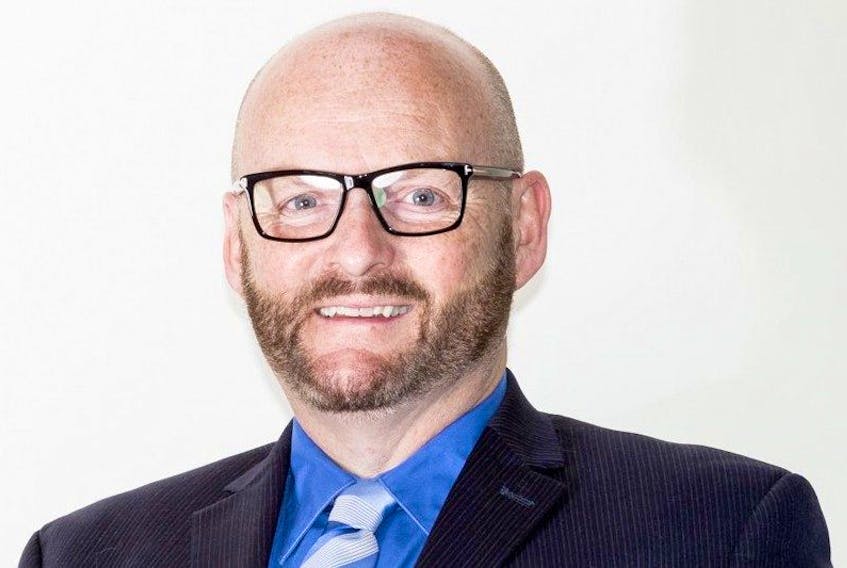Taxes have risen about 17 per cent since 2012, an increase of about $850 a year for every person in the province.
The province spends about $4,755 for each person, an increase of $500. Another $791 per person goes to interest costs.
The Nova Scotia Health Authority, an amalgamation of nine district authorities created in 2015, used $7 million in restricted funds. This despite the fact the Department of Health and Wellness owed the authority $70 million.
Six provincial entities, the Cape Breton Regional School board, Conseil scolaire acadien provincial, Izaak Walton Killam Health Centre, Resource Recovery Fund Board Incorporated, Sherbrooke Restoration Commission and Tri-County Regional School Board were cited for not improved on issues ongoing, and repeatedly noted, since 2009.
Executive compensation, vacation, travel, and hospitality expenses of senior executives were examined and found to have been properly authorized and in compliance with government policy.
The province’s 2015-2016 deficit of $11 million is the lowest since 2010-2011. Long-term debt, $14,307 per capita, and net debt, $15,971, have increased.
The Department of Community Services exceeded its original budget for 2015-2016 by almost $7 million. Transportation and Infrastructure Renewal asked for an additional $14,440,000. The Department of Internal Services needed almost $35 million more than the $180 million budgeted.
Health care accounts for about 40 per cent of government spending, up 13 per cent since 2012. Education takes 15 per cent, up 8 per cent since 2012. Community services account for 10 per cent, but those costs have remained relatively stable for the past five years.
Taxes have risen about 17 per cent since 2012, an increase of about $850 a year for every person in the province.
The province spends about $4,755 for each person, an increase of $500. Another $791 per person goes to interest costs.
The Nova Scotia Health Authority, an amalgamation of nine district authorities created in 2015, used $7 million in restricted funds. This despite the fact the Department of Health and Wellness owed the authority $70 million.
Six provincial entities, the Cape Breton Regional School board, Conseil scolaire acadien provincial, Izaak Walton Killam Health Centre, Resource Recovery Fund Board Incorporated, Sherbrooke Restoration Commission and Tri-County Regional School Board were cited for not improved on issues ongoing, and repeatedly noted, since 2009.
Executive compensation, vacation, travel, and hospitality expenses of senior executives were examined and found to have been properly authorized and in compliance with government policy.
The province’s 2015-2016 deficit of $11 million is the lowest since 2010-2011. Long-term debt, $14,307 per capita, and net debt, $15,971, have increased.
The Department of Community Services exceeded its original budget for 2015-2016 by almost $7 million. Transportation and Infrastructure Renewal asked for an additional $14,440,000. The Department of Internal Services needed almost $35 million more than the $180 million budgeted.
Health care accounts for about 40 per cent of government spending, up 13 per cent since 2012. Education takes 15 per cent, up 8 per cent since 2012. Community services account for 10 per cent, but those costs have remained relatively stable for the past five years.









